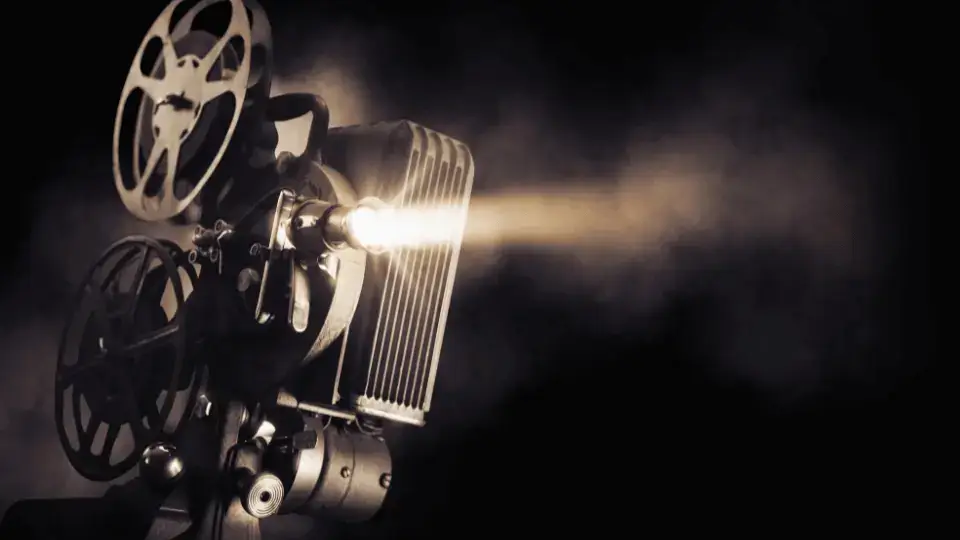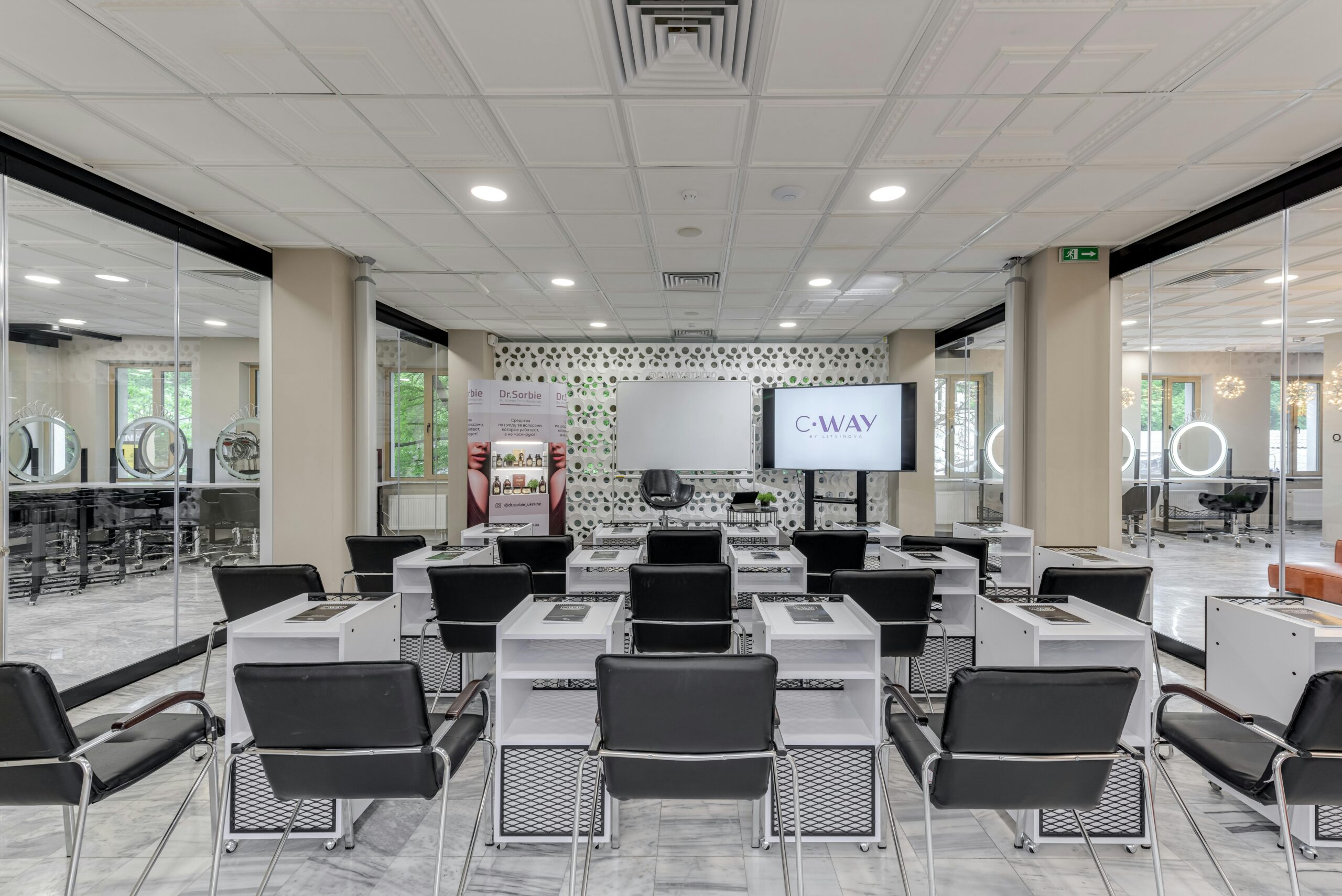The Film Industry and the Career Path of a Film Lighting Technician
The film industry is known for its fascinating and highly creative work, and being a film lighting technician offers you an excellent opportunity to delve into the realms of lighting design and cinematography.
As a film lighting technician, commonly referred to as a gaffer, your primary responsibility is to set up and fine-tune lighting equipment on movie sets. You work side by side with the cinematographer and director to capture the intended atmosphere and ambiance for every scene.
In this comprehensive blog post, we will walk you through the essential tips and tricks that can help you become a successful film lighting technician.
Gaining knowledge and honing your practical skills
To pursue a career as a film lighting technician, it is crucial to have a firm grasp of various lighting techniques and equipment. You can augment your knowledge and build practical skills by enrolling in film courses or working as an intern alongside professionals on real movie sets. Many esteemed film schools, such as New York University (NYU) Tisch School of the Arts or Parsons School of Design, offer specialized programs in lighting design, cinematography, and film production.
Expanding your professional network
Networking plays a pivotal role in the film industry and can be pivotal in securing your first job as a lighting technician. Make a point to attend film festivals, industry events, and workshops where you can connect with like-minded professionals. Active participation in film organizations and online forums can also enhance your networking opportunities. The more industry connections you cultivate, the greater the likelihood of getting hired for film projects.
Investing in high-quality lighting equipment
Equipping yourself with top-notch tools is essential to excel as a film lighting technician. Your role necessitates working with a wide array of lighting fixtures, gels, diffusers and stands. Prioritize investing in reliable and superior-quality equipment to ensure you can execute your tasks seamlessly. You can acquire such equipment from reputable suppliers catering to the film industry.
Adapting to high-pressure environments
Movie sets can be highly demanding and fast-paced, necessitating the ability to work under pressure. Long hours, challenging conditions, and last-minute changes are not uncommon. Cultivate the art of staying calm, focused, and composed during stressful situations. Effective communication with the cinematographer and director is paramount, as you must be prepared to make swift adjustments to the lighting setup as and when required.
Staying updated with technological advancements
The film industry is no stranger to technological advancements, and it is imperative to keep pace with the latest developments. Attend workshops and seminars dedicated to exploring new lighting techniques and cutting-edge equipment. Reading industry publications and following industry-leading blogs can also provide valuable insights into emerging trends and innovations.
You have to be mindful of advanced lighting systems, such as LED lights and wireless control systems, which are increasingly becoming the norm in film production. By staying updated, you can adapt to evolving industry standards and showcase your versatility as a film lighting technician.
Building a diverse portfolio
A compelling portfolio is your gateway to attracting potential employers and clients. As a film lighting technician, you can collaborate on a range of projects, including feature films, documentaries, commercials, music videos, and television shows. Endeavor to work on diverse productions to showcase your adaptability and expertise in different genres and styles. Compile high-quality photographs, videos, and testimonials from your work to create a visually captivating portfolio that highlights your skills and achievements.
Seeking mentorship and continuous learning
In the film industry, mentorship can be invaluable in accelerating your career growth. Connect with experienced professionals who can guide you and offer insights into the industry. A mentor can provide constructive feedback, recommend opportunities, and share their wealth of knowledge and experience.
Also take advantage of online tutorials, webinars, and courses to continuously learn and refine your skills. The more you invest in self-improvement, the more doors will open for you in your film lighting career.
Initiating collaboration and teamwork
Film production is a collaborative effort, and as a film lighting technician, you are an integral part of the larger team. Effective communication, collaboration, and teamwork are essential qualities to cultivate. Work closely with the cinematographer, director, production designer, and other crew members to understand their vision and contribute to the overall creative process. By fostering positive working relationships and demonstrating your reliability and professionalism, you can establish a strong reputation in the industry.
Emphasizing attention to detail and creativity
Attention to detail is crucial in the role of a film lighting technician. Small adjustments to the lighting setup can significantly impact the mood and visual aesthetic of a scene. Develop a keen eye for lighting nuances, color temperature, shadows, and composition.
Moreover, embrace your creativity by experimenting with different lighting techniques and finding innovative solutions to enhance storytelling through light. Your ability to think outside the box and contribute unique ideas will set you apart and elevate your career as a film lighting technician.
Key Takeaways
- Gain knowledge and practical skills through specialized programs or internships to excel as a film lighting technician.
- Network with industry professionals at film festivals, events, and workshops to increase job opportunities.
- Invest in high-quality lighting equipment for the seamless execution of tasks.
- Adapt to high-pressure environments and communicate effectively with the cinematographer and director.
- Stay updated with technological advancements, such as LED lights and wireless control systems, to showcase versatility.
- Build a diverse portfolio showcasing work across different genres.
- Seek mentorship from experienced professionals for guidance and growth.
- Embrace collaboration, effective communication, and professionalism as part of a larger team.
- Pay attention to detail and unleash creativity in lighting design.
Enhance your skills and knowledge in the film industry through programs like the NYU Film and TV Industry Essentials online course and certificate program. Explore lighting design, cinematography, and film production to take your career as a film lighting technician to the next level. Integrating this program into your professional development can provide valuable insights and practical expertise.




